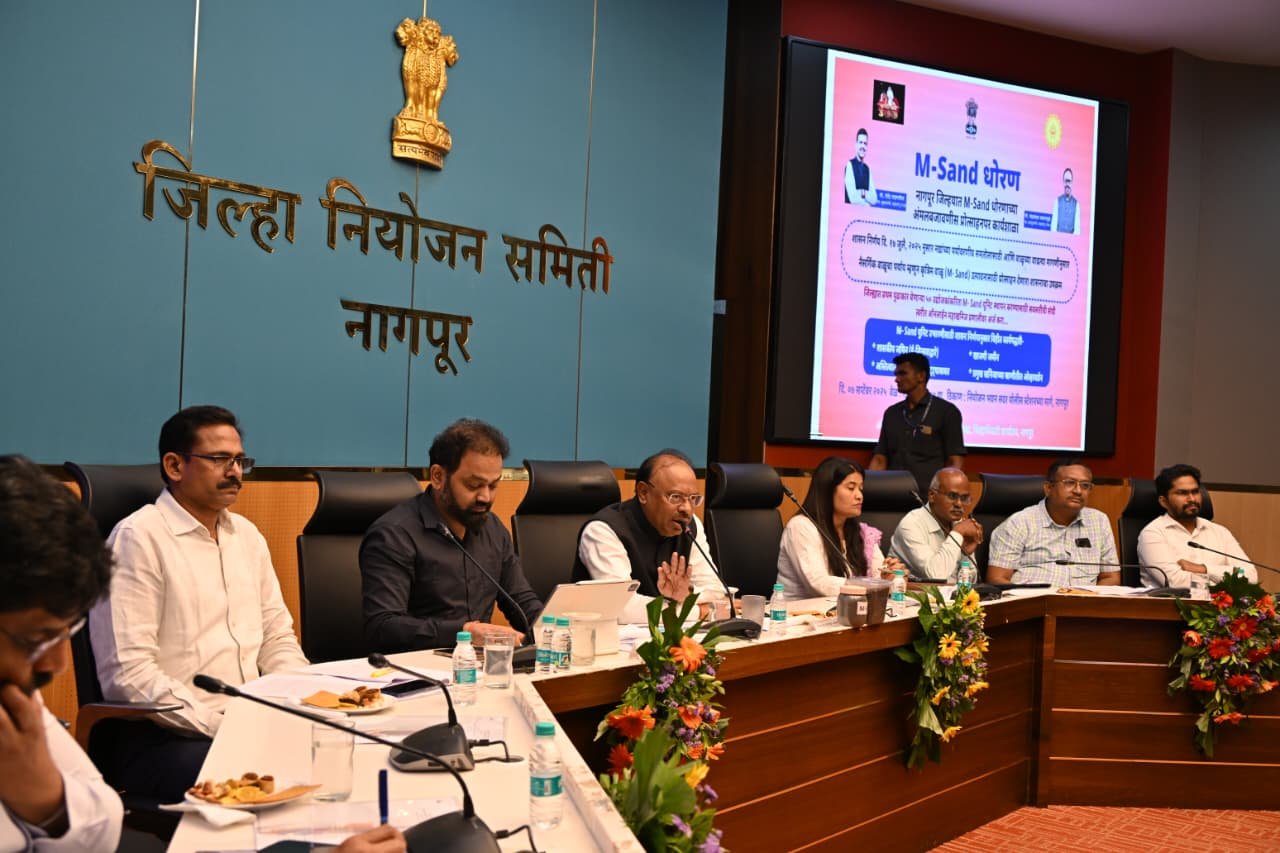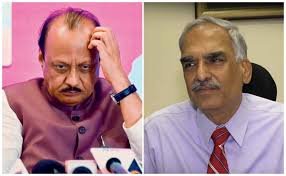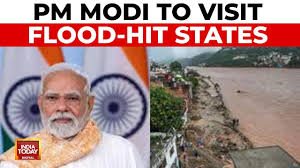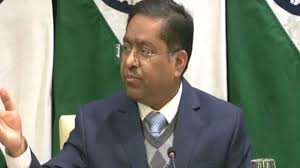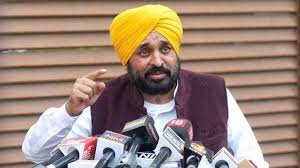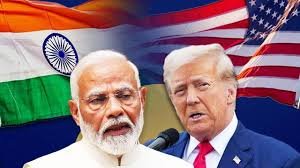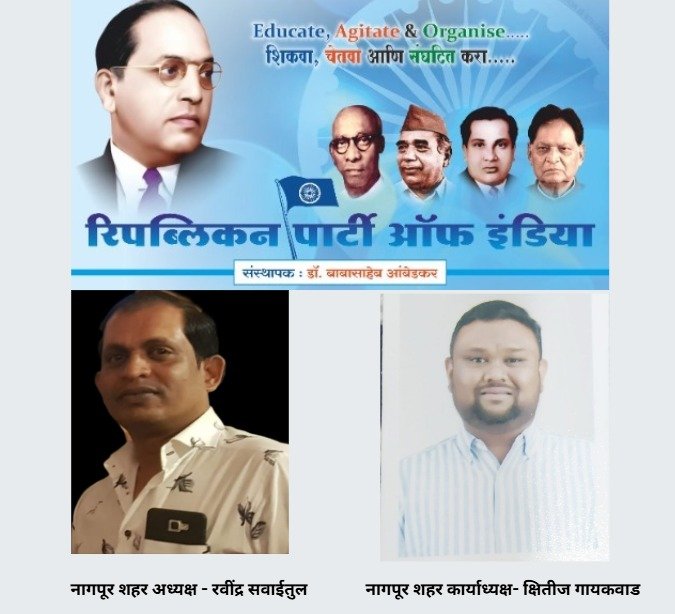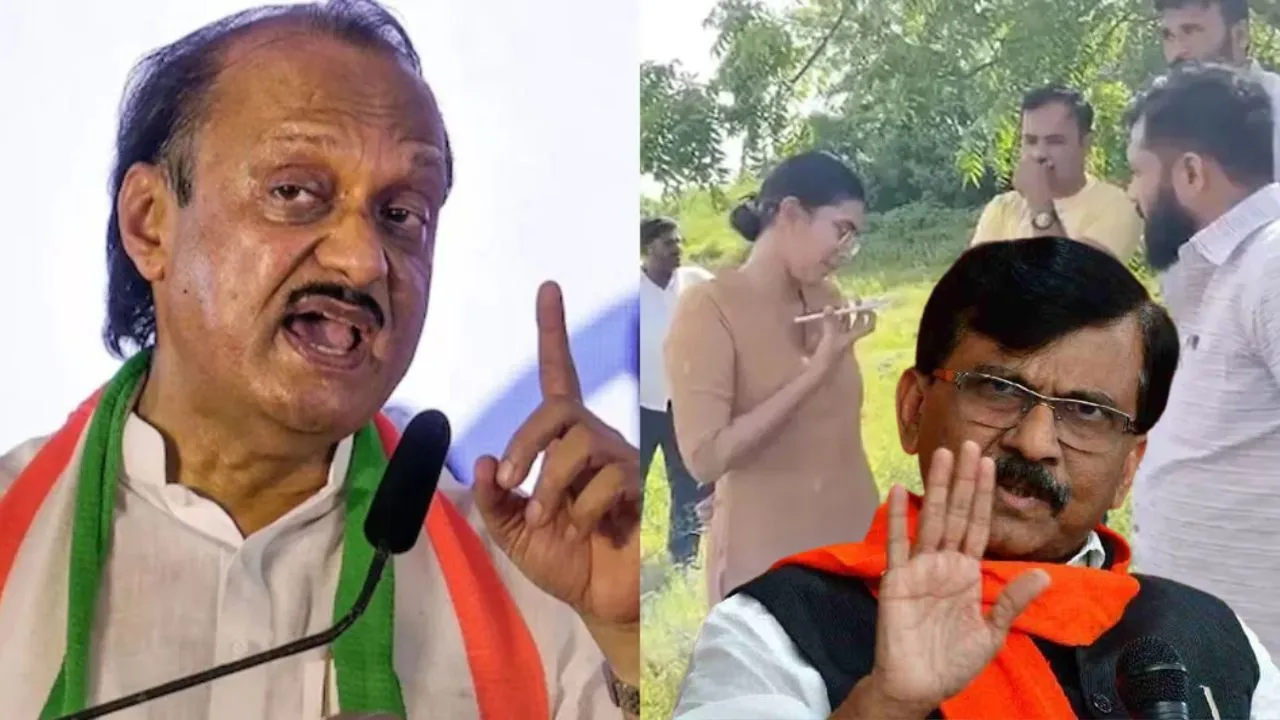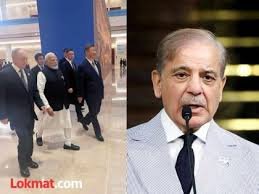
SCO's Tianjin Declaration Strongly Condemns Pahalgam Terror Attack
Tianjin (China), September 1, 2025: The Shanghai Cooperation Organization (SCO) on Monday strongly condemned the terrorist attack in Pahalgam, Jammu and Kashmir, on April 22, 2025, in a joint statement issued at the conclusion of its two-day summit in Tianjin. The declaration expressed its resolve to fight terrorism in all its forms and manifestations and made it clear that no double standards would be accepted against terrorism. The attack killed 26 people, most of whom were tourists, including a Nepali national.
Background to the Pahalgam Attack
The terrorist attack in the Baisaran Valley in Pahalgam is considered one of the deadliest attacks in India in recent years. The terrorists entered the Baisaran Valley in military uniforms with M4 carbines and AK-47 rifles and targeted Hindu tourists. A Christian tourist and a local Muslim were also killed in the attack. The attack was claimed by The Resistance Front (TRF), a Pakistan-based wing of the Lashkar-e-Taiba (LeT) terrorist organization. In the wake of the attack, India took strong steps, including suspending the 1960 Indus Waters Treaty, closing the Attari border post, and stopping visa services for Pakistani nationals.
Highlights of the SCO Declaration
The Tianjin Declaration expressed its determination to take strong action against terrorism, separatism, and extremist ideology. It stated, ΓÇ£The member states strongly condemn the terrorist attack in Pahalgam on April 22, 2025. We express our deep sympathy and condolences to the families of the deceased and injured. The perpetrators, organizers, and sponsors of these attacks will be brought to justice.ΓÇ¥ Although the declaration avoided direct mention of Pakistan, India has consistently accused Pakistan of harboring terrorist groups.
The summit was attended by several world leaders, including Prime Minister Narendra Modi, Chinese President Xi Jinping, Russian President Vladimir Putin and Pakistani Prime Minister Shahbaz Sharif. Prime Minister Modi, in his speech, termed terrorism as the biggest threat to humanity and asserted that it is unacceptable for any country to openly support terrorism. ΓÇ£The terrorist attack in Pahalgam is an attack not only on the soul of India but also on every country that believes in humanity. There should be no room for double standards in the face of terrorism,ΓÇ¥ Modi said.
IndiaΓÇÖs tough stance
After the Pahalgam attack, India took several tough steps against Pakistan. These included suspending the Indus Waters Treaty, closing the Integrated Check Post at Attari, canceling the SAARC visa waiver scheme for Pakistani nationals and reducing the staff strength of the Pakistani High Commission in Delhi from 55 to 30. India also reached out to the non-permanent members of the UN Security Council to inform them about the cross-border links of the attack. In addition, the Indian Army carried out precision strikes on nine terror camps in Pakistan and Pakistan-occupied Jammu and Kashmir (PoJK) under ΓÇÿOperation SindoorΓÇÖ.
International Response
The Pahalgam attack also received strong condemnation from the international community. Russian President Vladimir Putin, Italian Prime Minister Giorgia Meloni, Singaporean Ambassador Prof. Tommy Koh and Swiss Foreign Minister Ignazio Cassis condemned the attack and expressed support for IndiaΓÇÖs fight against terrorism.
Tianjin (China), September 1, 2025: The Shanghai Cooperation Organization (SCO) on Monday strongly condemned the terrorist attack in Pahalgam, Jammu and Kashmir, on April 22, 2025, in a joint statement issued at the conclusion of its two-day summit in Tianjin. The declaration expressed its resolve to fight terrorism in all its forms and manifestations and made it clear that no double standards would be accepted against terrorism. The attack killed 26 people, most of whom were tourists, including a Nepali national.
Background to the Pahalgam Attack
The terrorist attack in the Baisaran Valley in Pahalgam is considered one of the deadliest attacks in India in recent years. The terrorists entered the Baisaran Valley in military uniforms with M4 carbines and AK-47 rifles and targeted Hindu tourists. A Christian tourist and a local Muslim were also killed in the attack. The attack was claimed by The Resistance Front (TRF), a Pakistan-based wing of the Lashkar-e-Taiba (LeT) terrorist organization. In the wake of the attack, India took strong steps, including suspending the 1960 Indus Waters Treaty, closing the Attari border post, and stopping visa services for Pakistani nationals.
Highlights of the SCO Declaration
The Tianjin Declaration expressed its determination to take strong action against terrorism, separatism, and extremist ideology. It stated, ΓÇ£The member states strongly condemn the terrorist attack in Pahalgam on April 22, 2025. We express our deep sympathy and condolences to the families of the deceased and injured. The perpetrators, organizers, and sponsors of these attacks will be brought to justice.ΓÇ¥ Although the declaration avoided direct mention of Pakistan, India has consistently accused Pakistan of harboring terrorist groups.
The summit was attended by several world leaders, including Prime Minister Narendra Modi, Chinese President Xi Jinping, Russian President Vladimir Putin and Pakistani Prime Minister Shahbaz Sharif. Prime Minister Modi, in his speech, termed terrorism as the biggest threat to humanity and asserted that it is unacceptable for any country to openly support terrorism. ΓÇ£The terrorist attack in Pahalgam is an attack not only on the soul of India but also on every country that believes in humanity. There should be no room for double standards in the face of terrorism,ΓÇ¥ Modi said.
IndiaΓÇÖs tough stance
After the Pahalgam attack, India took several tough steps against Pakistan. These included suspending the Indus Waters Treaty, closing the Integrated Check Post at Attari, canceling the SAARC visa waiver scheme for Pakistani nationals and reducing the staff strength of the Pakistani High Commission in Delhi from 55 to 30. India also reached out to the non-permanent members of the UN Security Council to inform them about the cross-border links of the attack. In addition, the Indian Army carried out precision strikes on nine terror camps in Pakistan and Pakistan-occupied Jammu and Kashmir (PoJK) under ΓÇÿOperation SindoorΓÇÖ.
International Response
The Pahalgam attack also received strong condemnation from the international community. Russian President Vladimir Putin, Italian Prime Minister Giorgia Meloni, Singaporean Ambassador Prof. Tommy Koh and Swiss Foreign Minister Ignazio Cassis condemned the attack and expressed support for IndiaΓÇÖs fight against terrorism.
Background to the Pahalgam Attack
The terrorist attack in the Baisaran Valley in Pahalgam is considered one of the deadliest attacks in India in recent years. The terrorists entered the Baisaran Valley in military uniforms with M4 carbines and AK-47 rifles and targeted Hindu tourists. A Christian tourist and a local Muslim were also killed in the attack. The attack was claimed by The Resistance Front (TRF), a Pakistan-based wing of the Lashkar-e-Taiba (LeT) terrorist organization. In the wake of the attack, India took strong steps, including suspending the 1960 Indus Waters Treaty, closing the Attari border post, and stopping visa services for Pakistani nationals.
Highlights of the SCO Declaration
The Tianjin Declaration expressed its determination to take strong action against terrorism, separatism, and extremist ideology. It stated, ΓÇ£The member states strongly condemn the terrorist attack in Pahalgam on April 22, 2025. We express our deep sympathy and condolences to the families of the deceased and injured. The perpetrators, organizers, and sponsors of these attacks will be brought to justice.ΓÇ¥ Although the declaration avoided direct mention of Pakistan, India has consistently accused Pakistan of harboring terrorist groups.
The summit was attended by several world leaders, including Prime Minister Narendra Modi, Chinese President Xi Jinping, Russian President Vladimir Putin and Pakistani Prime Minister Shahbaz Sharif. Prime Minister Modi, in his speech, termed terrorism as the biggest threat to humanity and asserted that it is unacceptable for any country to openly support terrorism. ΓÇ£The terrorist attack in Pahalgam is an attack not only on the soul of India but also on every country that believes in humanity. There should be no room for double standards in the face of terrorism,ΓÇ¥ Modi said.
IndiaΓÇÖs tough stance
After the Pahalgam attack, India took several tough steps against Pakistan. These included suspending the Indus Waters Treaty, closing the Integrated Check Post at Attari, canceling the SAARC visa waiver scheme for Pakistani nationals and reducing the staff strength of the Pakistani High Commission in Delhi from 55 to 30. India also reached out to the non-permanent members of the UN Security Council to inform them about the cross-border links of the attack. In addition, the Indian Army carried out precision strikes on nine terror camps in Pakistan and Pakistan-occupied Jammu and Kashmir (PoJK) under ΓÇÿOperation SindoorΓÇÖ.
International Response
The Pahalgam attack also received strong condemnation from the international community. Russian President Vladimir Putin, Italian Prime Minister Giorgia Meloni, Singaporean Ambassador Prof. Tommy Koh and Swiss Foreign Minister Ignazio Cassis condemned the attack and expressed support for IndiaΓÇÖs fight against terrorism.

.jpg)






